Mammals need space to live. The special human species has now managed to take possession of the entire global space. Other species have been banished to reserves or their habitat massively restricted. Now a new species is emerging, these are the digital beings. The following article provides information on which space they can obtain and how to live with them.
WHAT IS DIGITIZATION?
Right at the beginning another definition for the phenomenon “digitization” was introduced. Digitization is the conversion / conversion of analog signals into digital data. There are also scanners that pick up signals from the natural and technical environment and convert them to zero and one. Typical examples are cameras, temperature sensors, speedometers, and much more. These are electronic devices that have the appropriate internal intelligence and take over this conversion process.
The digital data thus obtained are then fed into a network and sent for further processing. Another key component of digitization is connectivity. Global and local high-performance networks are currently being expanded. In Upper Austria is currently running the broadband campaign. Energie AG plans to expand 100,000 fiber optic connections. In addition to the fixed network, the mobile network will increasingly gain importance. 5G technology is a prerequisite for autonomous driving. A self-driving car needs a bandwidth of 750 MBit per second. In addition, there will be networks for Internet of Things. These become narrow-band nets, which have a very large building penetration. This will make it possible to power the IoT devices. Scanners and networks ensure that data is delivered in unlikely large quantities. What should one do with this data?
Data in itself is a meaningless string of zeros and ones. Only their processualization – processing gives them validity. Obviously, the distinction between data and information gains meaningfulness again. By a simple example, the difference between these two terms can be clarified. When I go to work in the morning and hear the news at 7:00 that the West entrance is clogged, I can decide and choose a different route. Then I got some information, it changed something in me. When I hear the same thing again at 7:15, it does not change anything anymore – it’s just data. It is information that will create a digital world.
The process chain from scanner via networks, data and information to a digital world is created by different service providers. It can be assumed that the scanners, ie the electronic devices, are produced by the Chinese. The networks, however, have to be built locally. Fiber optic networks are often already built by local authorities and made available to global players.
The transformation of data to information is the process that many refer to as digitization. This is not the wrong assumption, because it is the biggest challenge for many companies. The growth in data is at least exponential. We almost suffocate from a data overload. Only a few companies manage to generate actual information from it. The relationship between data and information can also be referred to as the degree of complexity. The higher the data and the lower the information obtained, the greater the complexity.
Many companies have a lot of data stored in their systems and they do not succeed in transforming it into decidable, actionable information. Not only companies face this problem, but also every single person. We get so much data made available via social media that we can no longer process it. Computer scientists call this noise. Something cynical could then be called our life as “noise of the data”. It will therefore be a particular personal challenge for everyone to channel and reduce the amount of data so that meaningful information can be generated in reasonable areas of life.
Data and information have until recently been assigned to a so-called virtual reality. This view needs to be corrected in the meantime, in that digital dimensions have become a reality. Augmented reality is a real world enriched with virtual information. Finally there is the cinematic reality that represents a world between fiction and reality. Made famous by movies and today even more through TV series. We could now call these different realities mixed reality.
The reality, that is what we experience as human beings, will continue to mix and differentiate in the future. Life in such a natural, technical and digital environment should be called digitopia. The future is just unpredictable – there are only desirable and undesirable states and even these are evaluated differently depending on the culture.
DIGITOPIA – a future perspective
Digitopia, the digital living space, can experience different forms. The positively oriented people will expect utopian states, while the negative social strata will see more of a dystopia than a future. Hopefully it will be something in between. This world could then be called Sophia, derived from wisdom.
UTOPIA – nice but not accessible
A utopia is a desirable condition that is possible but not yet realized. It lacks the possibilities, the techniques and the willingness to do so. If digitization succeeds in producing such a utopia, it could look like this: We would live with the utmost care and sustainability with other natural and digital beings. From the depletion of nature would then be a limited growth. The market economy then creates the sharing economy. Individuals then no longer have everything they need for life, but they will only use it. This requires connectivity and rights of use. There will be a countermovement to the “Ich AG”. The “We culture” should then stand for a harmonious coexistence.
The health industry will then occupy a particularly high position. Hospitals are mutating into health centers and the pro ageing movement gives us a longevity. You will not worry so much about the future, but live much more intensively in the here and now. Structurally, villages are developing in the cities and due to the enormous degree of networking, the city will shift to the countryside. The village in the city and the city on the land will be the life forms of a digital utopia. Such and similar statements are projected to us by advertising, marketing and GAFAM’s. However, it is unlikely to happen that way. The pessimists see it completely different.
DYSTOPY – can happen anytime
Utopian ideas were quite common in science fiction films until the 1980s. The prototype for this was certainly the spaceship Enterprise. Captain Kirk and his crew were able to solve all the problems. They were supported by techniques that were futuristic at the time and are now part of normal life. The break in the cinematic world was generated by the movie Matrix. Suddenly the technology became threatening. An artificial intelligence captures mankind, reflects on it an ideal world and exploits it. The dystopia is thus created.
In today’s science fiction films almost exclusively a dystopia is shown. Such a world is different from an apocalypse in that the world is not completely destroyed. People live there in the worst environment, there are still relics of a healing world. The digitization is still there. You can see screens everywhere, holograms and artificial intelligence determine life. A prototype from the year 2017 is Blade Runner 2049.
A term is always associated with digital dystopia and that is the singularity, named after Ray Kurzweil. This is the time when an AI becomes smarter than all humans together. Again using Blade Runner as an example: nuclear devastation, global pollution and transhumanism. The latter is a belief that suggests that humanity can evolve beyond itself through technology.
What we can already sense and recognize today are Mindwars, which in particular determine the political conflicts. These have not actually arrived in public perception, but they already exist. The Americans use drones to wage war in Syria. The war moves more and more towards the playful. The one side, which plays in Los Angeles, sits in a five star hotel and murders people on the other side via a joy stick.
The catalyst for such a negative development could be the complexity. Complexity describes the relationship of data to information. The larger the amount of data and the less information that can be obtained, the greater the complexity. So to avoid dystopia, you have to get as much information out of the data as possible. If we humans do not do that, artificial intelligence will do it for us. Then we live in a matrix, the human will be a slave and the matrix has become a reality.
We will not live in a village in the city, but in a digital slum. We also do not expect this extreme form of digitization. Neither paradise, nor the apocalypse, nor a dystopia and a utopia will we experience. It will probably be something in between. But it takes a lot of wisdom to do that, inasmuch as we are not allowed to do everything we can and do not omit everything that is uncomfortable. From this emerges the world of Sophia.
CULTURAL TECHNIQUES give the outer frame
The social being man has created norms, rules and values for his life together. In summary, that’s the culture. Culture is determined from the bottom up. Everyone contributes a little bit to it. Conversely, culture is sustainably influenced by the respective technology – one speaks then of cultural techniques. In times of digital techniques, one can and must assume that they shape the culture. Cultures are very stable. However, if the technology changes abruptly, then there is also a jump in the culture. Today this is called disruption.
The transition from the Old to the New Economy thus represents a break. The old economic system has been composed of the three components of fossil energy, raw materials and labor. These were the ingredients of the industrial revolution. The new economic system in turn has three components. However, these have changed into solar energy, matter and information. In the world view of the New Economy, it is assumed that energy is available almost infinitely and for the conversion of which hitherto unknown machines and generators are invented. Raw materials are becoming obsolete. It will be possible to generate any raw material from simple mass available matter. Some experts call this programmable matter. Human and machine work becomes information. This is the linchpin of all new business.
From a cultural point of view, one can describe the old system with the terms hierarchy, property, hard work and reason. The new system relies on networks, access rights, smart work and attractiveness. Beautifully, this transition is shown in the TV series American Gods by Neil Gaiman. The ancient culture, represented by the ancient gods, is desperately resisting the new gods. One of these new gods is the technoboy. We would call him a nerd today.
He gives the old goddess Bilquis an iPhone so she can better fulfill her service as a prostitute. She no longer needs to be on the street, but can get her business through social media.
Changes usually lead to anxiety. Therefore, the old culture will always fight against the new techniques. Over time, however, a belief in the new world emerges and thus the shift from the Old to the New Culture is initiated. The second season of American Gods will be released in 2018. The old gods have little chance, because the technique is too dominant.
The interaction of culture and technology has shaped the history of humanity. Local inventions have also shaped local culture. However, digitization and the internet are now leading to a massive change. Digitization is a global phenomenon and will therefore lead to a global culture. At the same time, culture is the gateway between society and the individual. Even whole companies are controlled by cultural influence. This is how digital cultural technology will influence everything and everyone. How we as individuals in such a world can move, we should take a closer look.
BEHAVIOR – I want what I want
Behavior refers to that human quality that is recognized by others when we interact with our environment. In particular, communication is a very extraordinary and powerful form of behavior. In a digital world, almost everything is available in real time. A particular behavioral problem is that some people react immediately and to each other.
This is not necessary, but you can wait for pop ups. Waiting for information is resource-saving. In a bit esoteric terms, one could say that if information wants you, then it will come. Another special feature in the digital world is the Undo Button. Once you’ve written something wrong, drawn a line wrong, you always have the option to undo it. You learn that very quickly, because it is very practical. This does not work in reality. The British have felt this very clearly in their BREXIT.
A negative feature of Digitopia is its penetration. No matter what we do, where we are and who we are with, the Pop Ups keep following us. It is therefore increasingly difficult to stay focused on one thing. We have to control the flow ourselves.
In return, we receive instructions for all tasks and problems. There are hardly any problems that nobody has already solved and presented on YouTube.
The risks also become significantly less. We can do a simulation before any implementation of solutions. Experimenting in the virtual world minimizes the dangers in the real world. Nevertheless, complexity is omnipresent. We have not learned how to handle this problem anywhere. Complexity manifests itself in the form of secondary, remote and time-shifted effects. This means that you can hardly solve problems at specific points. Life in Digitopia requires a ritualization of the daily routine.
ABILITIES – daily lifelong learning
Digitization also requires capabilities that we do not have yet and therefore need to learn. Mainly it is management techniques, such as innovation management, project management and change management. Again and again, the concept of agility falls to it. This could be described as a combination of flexibility, speed and creativity. It has already been stated above that complexity arises from the mismatch of data and information. We therefore need to significantly expand our ability to analyze. There will be a new professional group, the Data Scientists. Various universities of applied sciences, such as the Danube University in Krems, are already starting such a bachelor’s program.
Under no circumstances should we become a passive user. We certainly can not afford to miss the digital possibilities for the production and control of content. It has never been so easy pictures, graphics, texts, and more. to produce and provide to a whole world population. The Digitopia comes to us via various ways. Management requires the use of digital channels and digital technology.
Executives are increasingly becoming conductors who use their instruments creatively. Of course you have to understand the instruments and the players very well. Artificial intelligence will not be there all of a sudden, it will emerge step by step and come unnoticed into our lives.
A key feature of AI is the ability to learn and understand human language. That makes it easy for us humans to communicate with the AI. We can just talk to her, as the feature film HER has shown us in an amusing way.
Siri, Alexa and Cortana are language assistants that enable electronic devices to be controlled simply by voice command. These assistants are not only suitable for controlling, but you can also write texts very well with them. Anyone who has not yet learned a ten-finger system does not need to do that any more. For example, this entire blog has been dictated with Siri. One of the essential abilities in Digitopia will be speaking of language. AI systems divide the world into classes and categories. In addition, the systems have the ability to adapt to the communication partner because of their high level of intelligence. So if you contact a KI system with a very simple, simple language, you will be treated like this. This kindness Siri already has today.
VALUES – mindset and awareness
Young children, if they are not yet in school, enjoy learning. But as soon as the learning begins, the joy is over. It’s just not cool to learn something you might need. However, if you have a mindset, that is, a mindset that enables us to always learn what you need, it is much funnier and, above all, more efficient. Change then always requires learning. After the digitopia is characterized by change, we will probably be allowed to study for a lifetime and every day.
Awareness and values will change forever. Trust is one of the highest values. At the moment, we are suffering a massive loss of this essential livelihood. We have little faith in politics, currency, privacy, etc.
In addition, we must develop a confidence in the world as a whole (holistic). Safety will be our constant companion and insecurity will become the driver for something new (creativity). Man has hitherto seen himself as a unique intelligent being in the world. This will soon be over, we will live in coexistence with digital beings. This requires a lot of acceptance. For the first time, the Star Wars epic told us about different types of beings. The security we so desire will probably be a thing of the past.
Instead of security, there will then be probabilities. Artificial intelligence makes it easier and faster to make predictions. Not definitive, but only as mathematically determined predictions. The movie Minority Report has given us a foretaste. All predictions are based on historical data from which patterns are derived.
Company management, executives and consultants have repeatedly brought us closer to the necessity of goal orientation in recent decades. From this, systems such as Management by Objectives have emerged. In a complex digital world, defining goals has become very difficult. What is worth working for today is already obsolete tomorrow. Here we need a particularly intensive rethinking – it is not us who dictate the goals, but the goals are looking for us. Multiple attractors, so a horizon full of goals will direct our actions and thus our lives. The well-meaning slogan of Work Life Balance will not be realized any further. After the Digitopia is always and everywhere present, we need an integral Living. The work is shifted to leisure time and we have free time at work. Also, there is a slogan that says, “Work where others go on vacation.”
Even spirituality will change in a digital world or even reappear in the first place. The greatest spiritual value will then be mindfulness. It is probably also the next highest level of consciousness at the same time. To describe these, we only need to apply the future trends proclaimed today. If we do this in the virtual 3D glasses instead of global vacation travel, then we can save fuel. We buy less and less at local shops, but order online and get the goods delivered directly to the house – which pollutes the environment very much. Alternatively, goods deliveries via the 3D printer lead to a sustainable reduction of truck traffic. Likewise, the autonomous driving will reduce the private fleet, estimated at one-eighth. In any case, books should only be consumed digitally today – that saves paper and trees.
Although fitness trackers and bio live sensors are not quite clean, they do lead to more years of health. Personally, I do not want to go down in the stream of bits and bytes. I still want to have my personality in the digital world. This will require a digital biography that I can use to express my opinion of the world. The global, cultural tensions arise mainly from ignorance and incomprehension. Social media gives us the opportunity to build relationships with other cultures and thereby improve mutual understanding, which in turn creates peace. With that we have reached the highest of all values.
SCIENCE FICTION describes the present
How the digital future, ie the Digitopia, will actually play, remains speculation. The scriptwriters of science fiction films have dealt with it intensively. Nevertheless, they can no longer cinematically represent creative ideas that they develop in the here and now. You can certainly use their work for speculation about our future. For this one could put on a two-dimensional matrix. On the X-axis dimensions like fear, mindfulness, enlightenment, transcendence and the divine and on the Y axis then the digital dimensions mixed reality, cyber world, super ki and transhumanism (see picture). The resulting individual fields then create terms such as transparency, construction creativity and 17 others. These terms can then each be linked to a science fiction film.
By viewing and possibly studying the individual science fiction films, one then gets an implicit understanding of the individual forms of digitization. Learning this way is exactly how KI will learn in the future. It is the so-called “unforced learning”. For the time being, the learning system is only watching. Similarly, we humans look at movies and TV shows. Using the example of the Minority Report mentioned above, we would then learn to understand the term “prediction” holistically, ie in its context. Learning this way is fun and entertaining. In contrast, “forced learning”, as the children still have to do at school, is rather bland. If you have to learn the term “prediction” out of statistical and mathematical understanding, it is quite tedious. I wish you a lot of fun watching science fiction films and TV shows. By the way, it can also be social fiction movies.
SUMMARY
In summary, a digitopia can be described as follows: humans will live in coexistence with digital beings. Mutual understanding is based on human language, with AI adapting. Furthermore, there will be good and evil in the world. The assignment is a cultural matter. What is good for one is the worst for the other. In a digital world, evil will be beautiful. Currently you can see that well on Bitcoin. This is the first value system that treats good and bad alike and also shines.
Energy is almost unlimited available due to the four natural forces anyway. New forming machines will make these accessible to us. Humanity will perish on many things, but certainly not on lack of energy. Likewise, the handling of raw materials will be completely different. We will develop simple matter, such as sand, programming and 3D products into products. That is exactly what will lead to a total devaluation of material goods. If you can print a gold bar once, then it has no value. There is a shift towards mental and analog values to expect. Homeliness (hygge), relationship and trust will be the values of the future. We can already feel it a bit. By means of thinking machines we can do thought experiments and thus come to an advanced philosophy. Also, there is already a template with Origin, the science fiction novel by Dan Brown.
READINGS
The 20th century has been characterized by secularization. This has pushed back religious fundamentalists, at least in western industrialized countries. The Arab countries are still on this path. Unfortunately, the ability to lead a spiritual life has also dried up. However, the need continues and is strengthened again, accompanied by the loss of material assets. The 21st century will make digitalization a return to a spiritual, peaceful world. You just have to do it. But an American First is not the way to go.
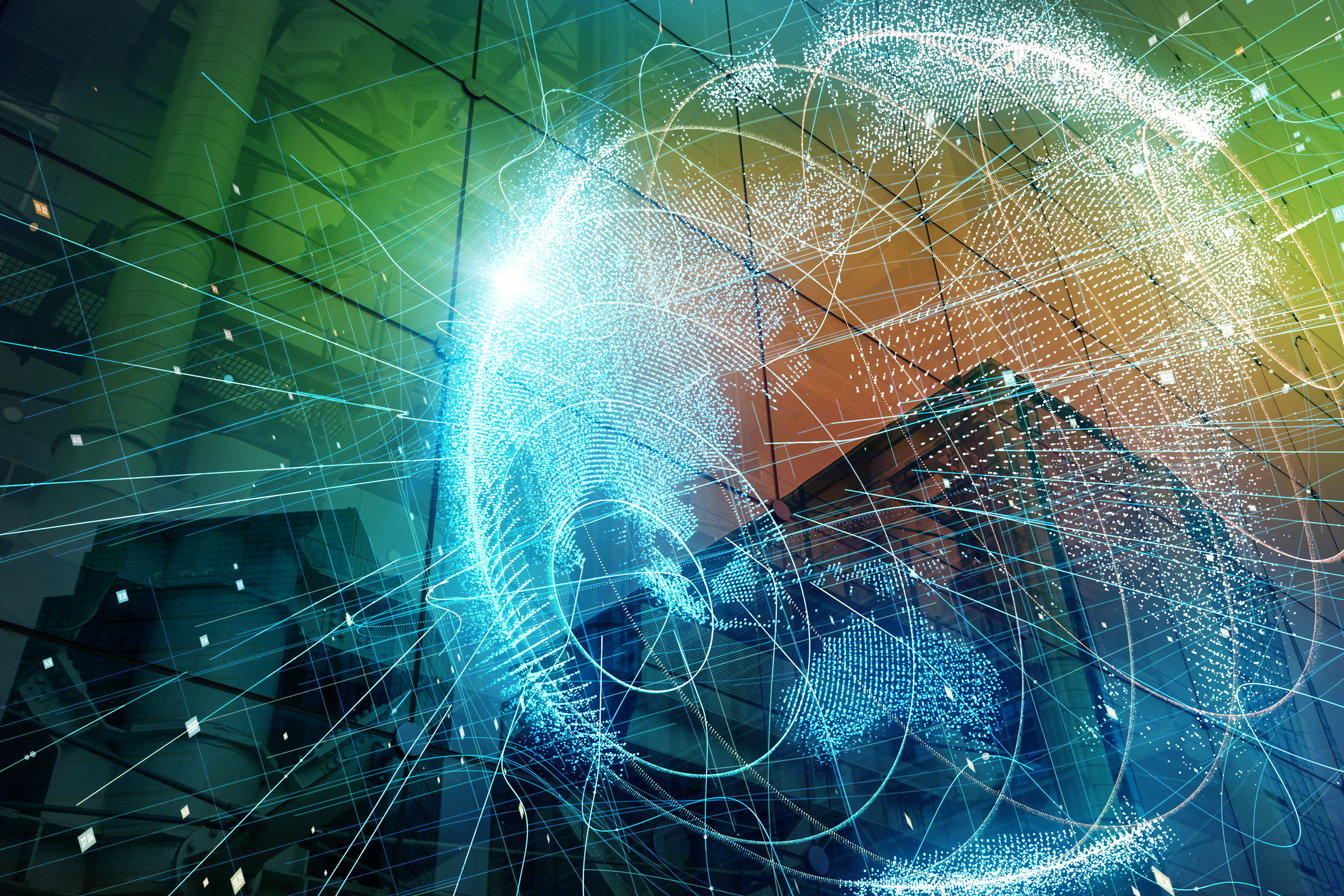
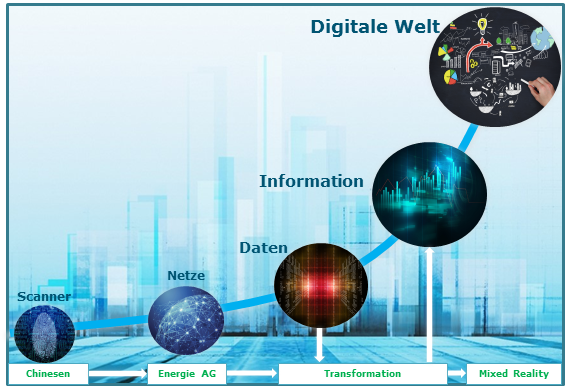
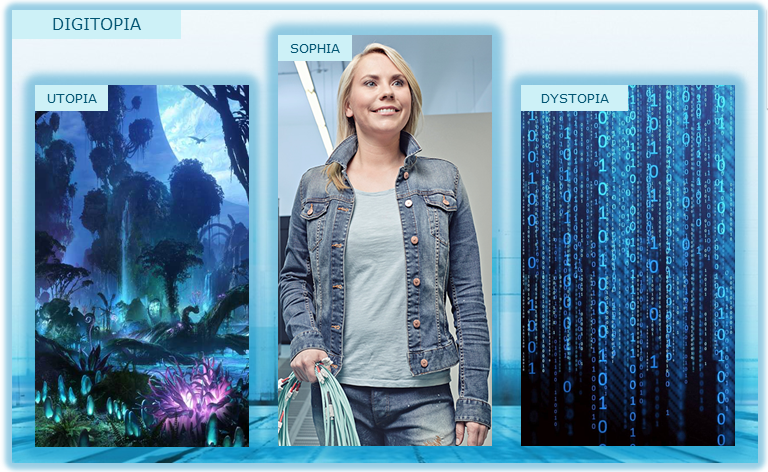
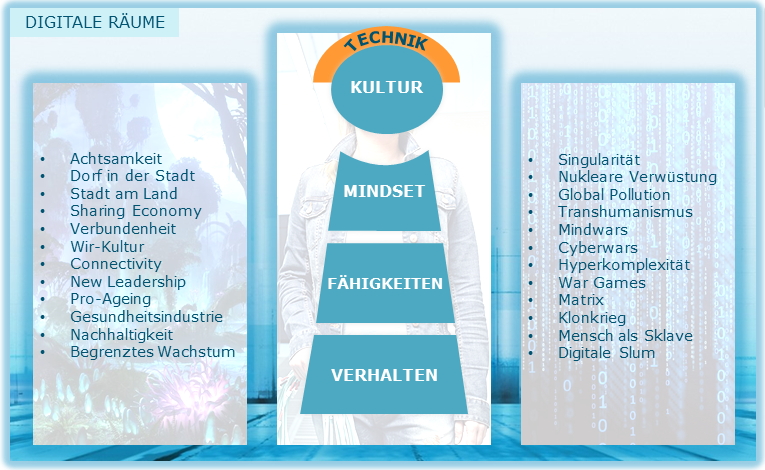
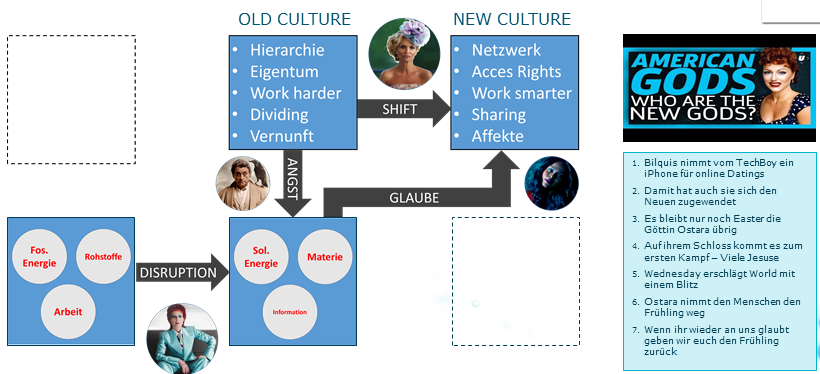
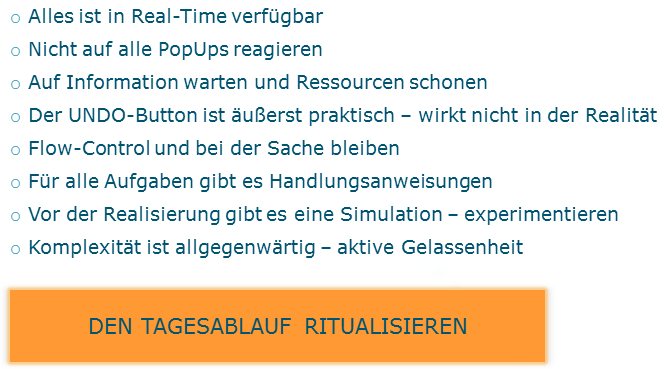
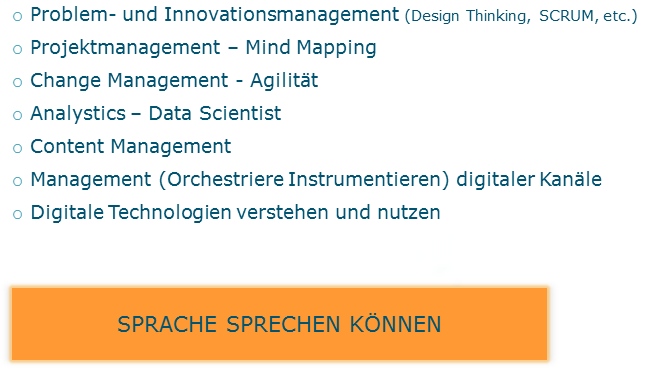
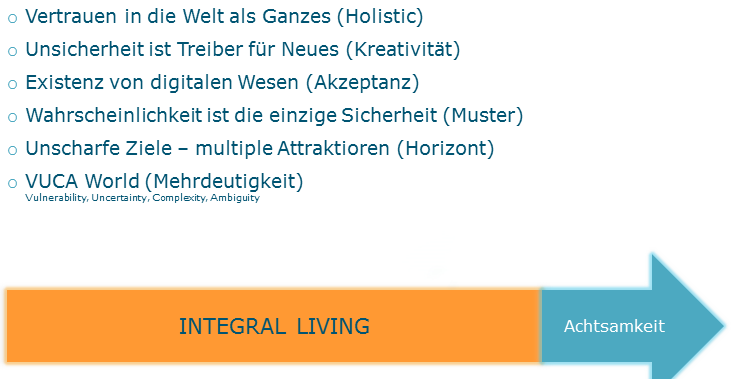
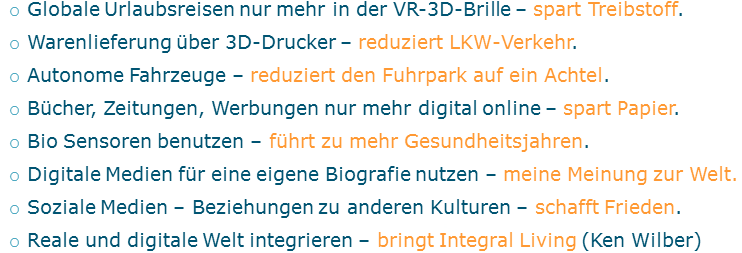
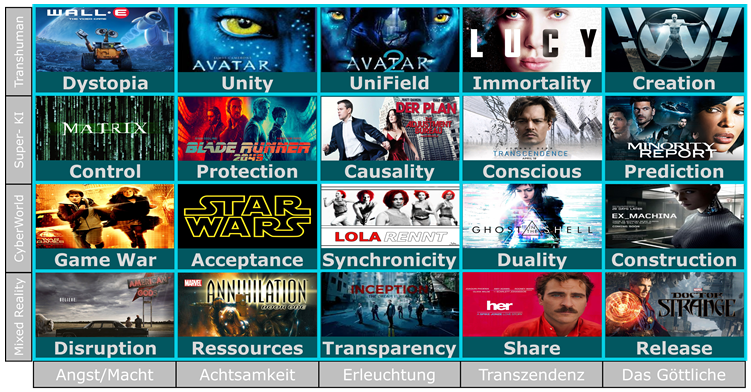
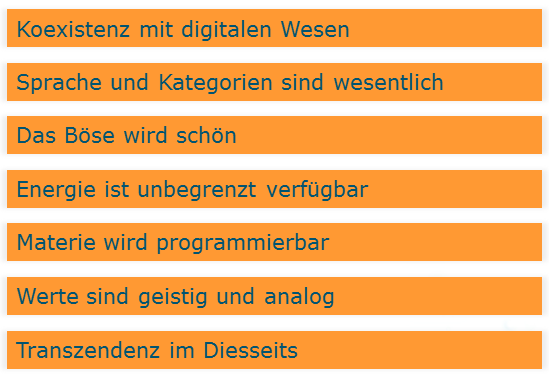
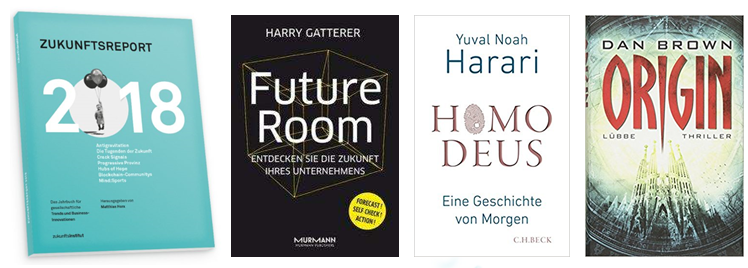

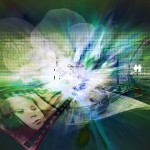
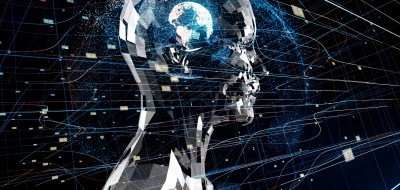
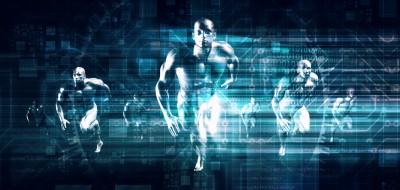
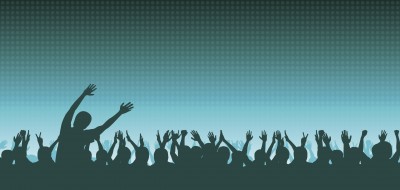
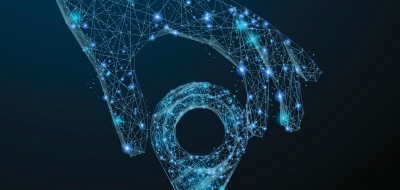
 Deutsch
Deutsch English
English